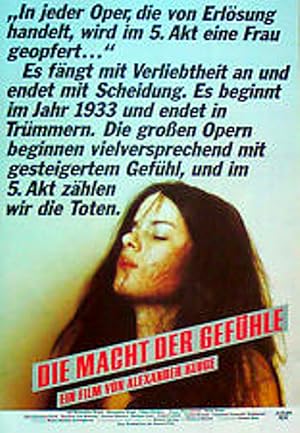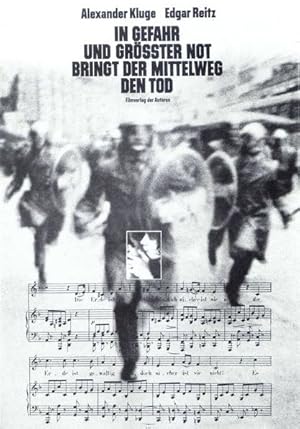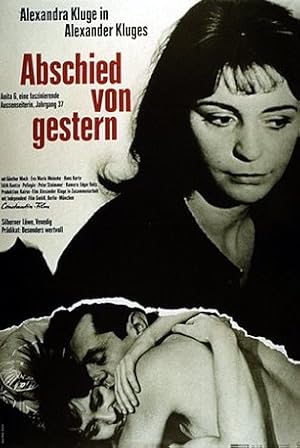Films & Shows from Kairos-Film
Welcome to our dedicated collection of titles produced by Kairos-Film. Renowned for its creative vision, quality craftsmanship, and cinematic innovation, Kairos-Film has contributed some of the most memorable and influential works to the world of film and television. Whether you’re a longtime follower of their productions or discovering their catalogue for the first time, this selection offers a window into the storytelling excellence and artistic flair that define Kairos-Film’s legacy.
The Power of Emotion (1983)
0
The emotion and feelings should not be confused with sentimentality. Emotion is ancient and more powerful than any artistic expression. The film observes young couples face difficulties while trying to move their love experiences clear decision making. A film full of ideas, details and associations, fictional scenes, documentary footage, archival materials and opera music.
The Candidate (1980)
0
Made with an eye to the autumn of 1980 when the German parliamentary elections took place, The Candidate examines Germany’s history past and present and Franz Josef Strauß, the man who, as the CDU/CSU candidate, aspires to be elected to the most important political office in the land.
Germany in Autumn (1978)
0
Germany in Autumn does not have a plot per se; it mixes documentary footage, along with standard movie scenes, to give the audience the mood of Germany during the late 1970s. The movie covers the two month time period during 1977 when a businessman was kidnapped, and later murdered, by the left-wing terrorists known as the RAF-Rote Armee Fraktion (Red Army Fraction). The businessman had been kidnapped in an effort to secure the release of the orginal leaders of the RAF, also known as the Baader-Meinhof gang. When the kidnapping effort and a plane hijacking effort failed, the three most prominent leaders of the RAF, Andreas Baader, Gudrun
In Danger and Dire Distress the Middle of the Road Leads to Death (1974)
0
Combining fictional and documentary modes, the film takes a critical stance toward Frankfurt's public sphere and urban redevelopment. Despite the serious formal and political concerns of the film, Kluge's heightened sense of the absurd safeguards a reserve of utopian optimism.
Yesterday Girl (1967)
0
A young German woman searches for happiness, liberation, and independence in the illusive wake of a transformative national recovery.




